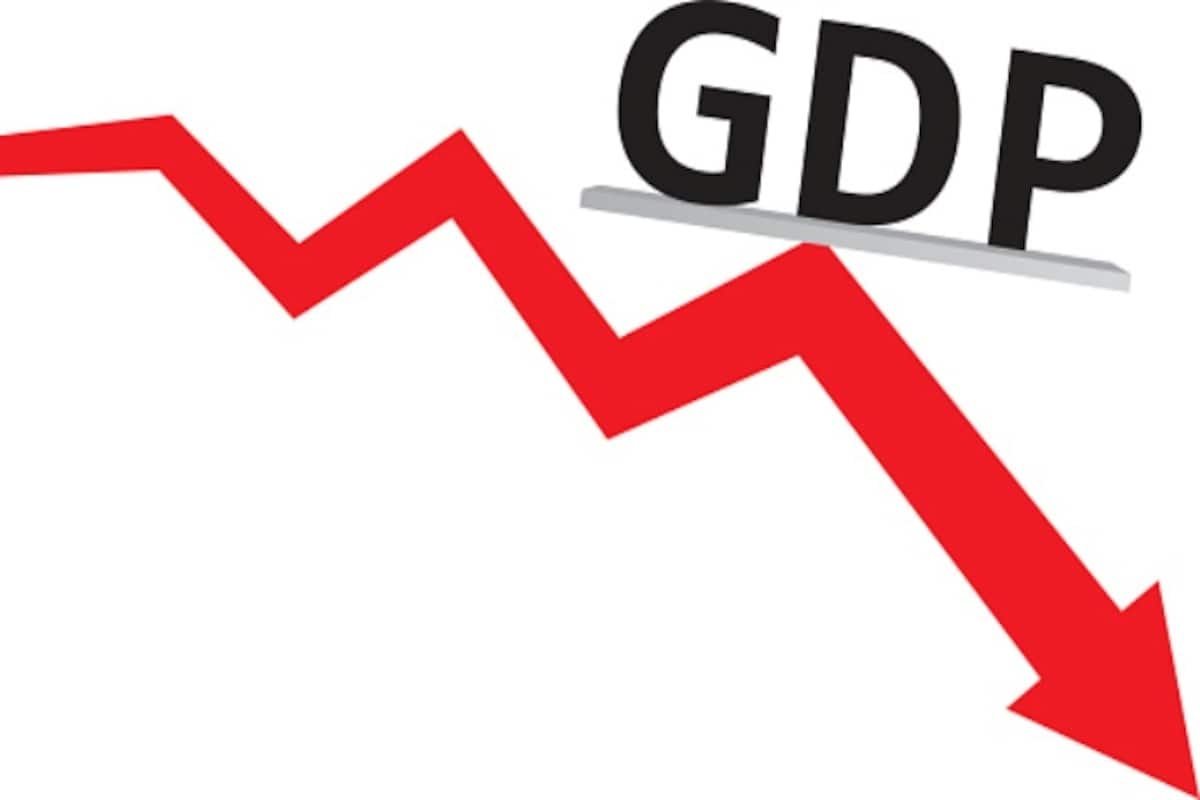From manufacturing to real estate, from hospitality to mining, all segments except agriculture in deep red as economy records sharpest drop in 41 years.
The Indian economy shrank 23.9
percent during the April-June quarter this year, confirming fears of a
crippling slide across several industries and services that are profusely
bleeding through multiple deep cuts caused by COVID-19-induced disruptions.
National income accounts data
released on August 31 showed that India's "real" or
inflation-adjusted gross domestic product (GDP) contracted 22.6 percent, the
sharpest drop in 41 years, compared to a growth of 8.1 percent in the same
quarter last year.

If GDP growth falls again in
the current quarter (July-September), India would technically be in a
recession, an economic state characterised by at least two successive quarters
of contraction, underscoring the pandemic's bludgeoning impact on a country
that until not-too-long-ago was the world's fastest growing major economy.
India was in a recession last
in 1979 when the real GDP fell 5.2 percent.
The agriculture sector, aided
by plentiful summer rains this years, however, stood out as a beacon of hope,
growing 3.4 percent in the first quarter of 2020-21 from 3 percent last year,
but wasn’t strong enough to offset the damages in other segments, all of which
appear to have fallen off a steep cliff, data released by the National
Statistical Office (NSO) showed.
The manufacturing sector
contracted 39.3 percent from a growth of 3 percent last year, while the mining
sector shrank by 23.3 percent from a growth of 4.7 percent last year,
reflecting the collective shuttering of operations forced by lockdowns.
Gross Value Added (GVA), which
is GDP minus taxes that experts consider as a more realistic proxy to gauge
economic activity, contracted 22.8 percent in April-June 2020 compared to 4.8
percent growth last year, as the lockdown bore an effect very similar to a mechanical
hard stop on a running device.
Unlike other recessions caused
by systemic flaws such as the debt bubble of 2008, the current fall has been
brought upon by a medical emergency that forced factories to shut down because
people should stay at home to contain the virus’s spread.
The construction sector
contracted 50.3 percent compared to a growth of 5.2 percent last year as roads
and infrastructure projects grinded to halt for most part of April-June
2020-21. The real estate sector, which had to stop overnight because areas with
large gatherings had to be emptied out, also was severely affected. The sector,
along with financial and professional services, shrank 5.3 percent in
April-June 2020, emblematic of the lockdown’s impact on realty projects,
walloped by a severe cash crunch and the plummeting demand for houses.
The COVID-19-forced
restrictions have also dealt a colossal blow to restaurants, shops, hotels and
traders all of who have seen their businesses nosedive dramatically as people
stayed put at home, stopped eating and travelling out, and export shipment
orders dried out from overseas destinations. Trade, hotels, transport,
communication and services related to broadcasting contracted 47 percent in the
first quarter of 2020-21 compared to a 3.5 percent growth last year, the
national income data showed.
The GDP numbers will upset the
government’s fiscal math that may force major changes in the public finance
estimates. In the budget for 2020-21, finance minister Nirmala Sitharaman had
assumed nominal GDP growth of 10 percent in 2020-21, and fiscal deficit of 3.5
percent of GDP, a goal that looks almost unthinkable to achieve given the rapid
turn of events. The finance minister had posited India’s tax revenues will grow
by 12 percent in 2020-21 compared to the previous year. She had pencilled in a
non-tax revenue growth at 11.4 percent to Rs 3,85,017 crore.
The math had also set some very
tall targets from receipts such as divestment (Rs 2.1 lakh crore), spectrum and
other proceeds from telcos (Rs 1.33 lakh crore). All of these, and many more,
would need a serious re-examination.
Source - Moneycontrol.com
Comments
Post a Comment